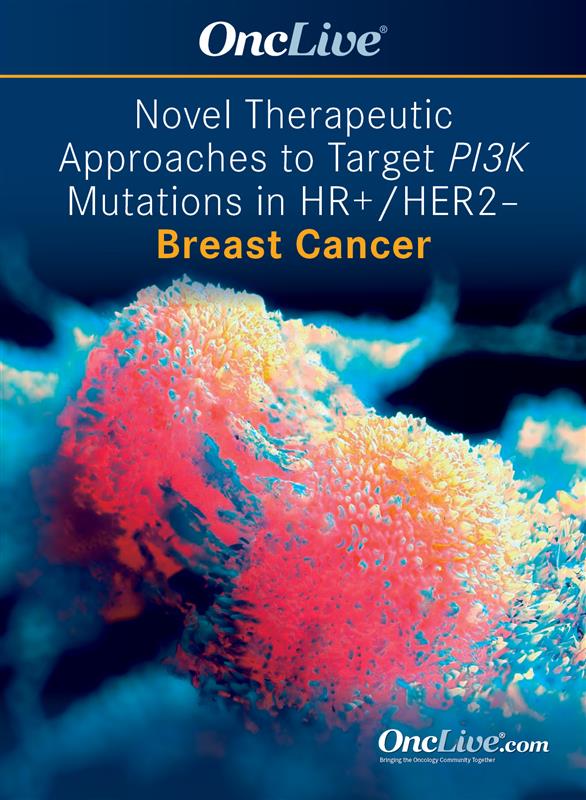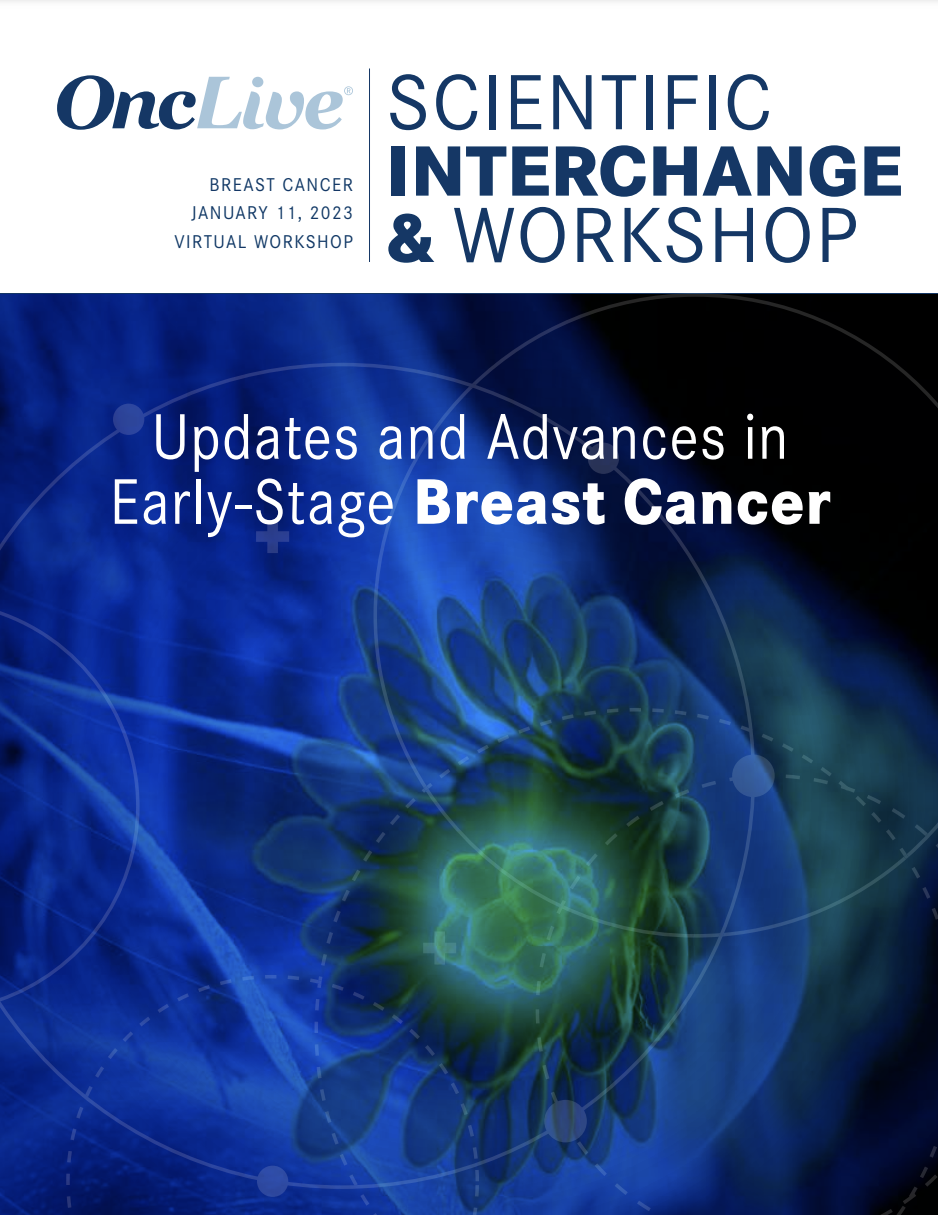Publication
Video
Dr. McGuinness on Mitigating GI Toxicities With PI3K Inhibitors in PI3K-Mutated Breast Cancer
Author(s):
Julia E. McGuinness, MD, discusses combating gastrointestinal toxicities in PI3K-mutated breast cancer.
Julia E. McGuinness, MD, assistant professor, medicine, Division of Hematology/Oncology, Columbia University, Herbert Irving Comprehensive Cancer Center, discusses combating gastrointestinal (GI) toxicities in PI3K-mutated breast cancer.
Many therapies tend to cause GI toxicities among the first- and later-line treatment landscape for patients with PI3K-mutated breast cancer, McGuinness says. For example, the PI3K inhibitor, alpelisib (Piqray), can cause toxicities leading to dose interruptions or discontinuation, McGuinness explains.
Because of the toxicities that arise during treatment, there has been an increase in supportive management, McGuinness continues. It is important to use more selective agents to target mutations of interest in order for patients to avoid these severe toxicities, McGuinness concludes.
RLY-2608 is a highly selective PI3Kα inhibitor that is being evaluated for PI3K-mutated solid tumors, including breast cancer, in a phase 1 trial (NCT05216432).










